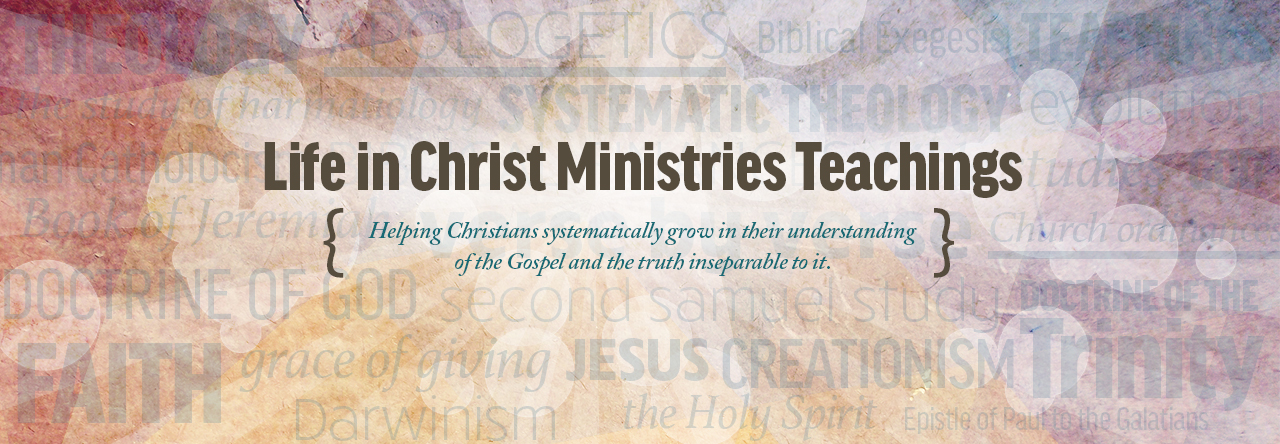Again the anger of the Lord was aroused against Israel, and He moved David against them to say, “Go, number Israel and Judah.” (2 Sam. 24:1)
1 Now Satan stood up against Israel, and moved David to number Israel. 2 So David said to Joab and to the leaders of the people, “Go, number Israel from Beersheba to Dan, and bring the number of them to me that I may know it.” (1 Chron. 21:1-2)
The opening verse of the closing chapter of 2nd Samuel brings with it some interesting textual and theological questions. First we might ask, “Why ‘again?’” You’ll notice the beginning of the verse states, “Again the anger of the LORD was aroused against Israel…” What was the prior event of God’s anger that preceded this occasion of His righteous indignation? Perhaps the best answer is found in Israel’s previous nation-wide sin of supporting Absalom and/or the more recent Sheba-inspired rebellion. Next, why exactly was God’s anger aroused against Israel at the time of this text? We are not given the precise reason but we can rest assured, based upon Israel’s prior disobedience and God’s unfailing righteousness, that they were deserving of His wrath. Third, there’s the theological question, “In what way did the sinless Sovereign move or, better translated – ‘incite,’ David to number Israel?”

















